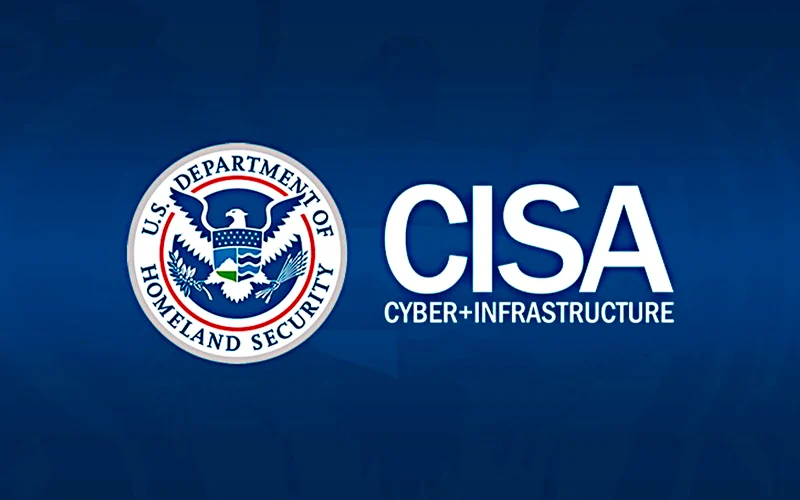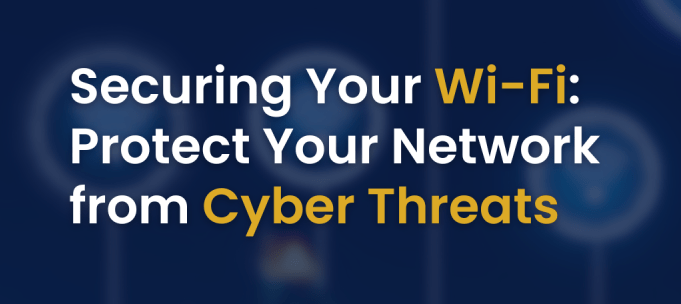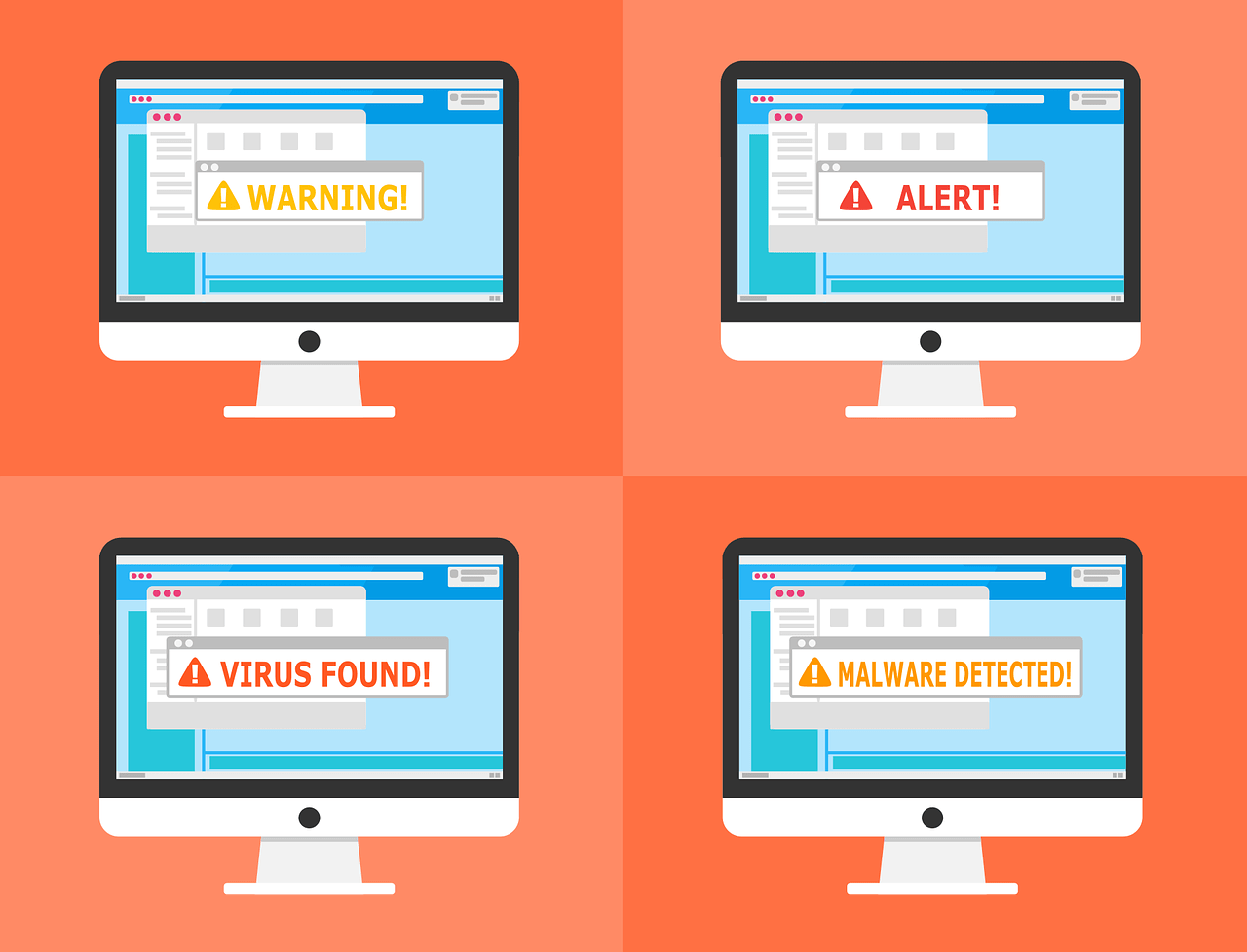The US Cybersecurity and Infrastructure Security Agency (CISA) is rolling out strict new security rules for critical sectors to prevent sensitive data from falling into the wrong hands. Recent cyberattacks have exposed major vulnerabilities, making these changes urgent and necessary. Here’s what you need to know.
Why These Rules Matter
The timing aligns with Executive Order 14117, signed earlier this year to close gaps in data security that could harm national interests. Recent breaches in telecommunications and other sectors highlight how vulnerable critical industries have become.
State-sponsored actors and foreign adversaries have ramped up efforts to steal trade secrets and personal information. These new rules aim to block such attempts by addressing weak points in current security practices.
Key Requirements for Businesses
CISA’s rules target organizations in industries like artificial intelligence, telecommunications, healthcare, finance, and defense contracting. These companies handle large volumes of sensitive data, making them high-value targets. Here are the major requirements:
- Multi-Factor Authentication (MFA): All critical systems must use MFA. Passwords must be at least 16 characters long to deter unauthorized access.
- Vulnerability Management: Companies must fix critical vulnerabilities within 14 days. High-severity flaws have a 30-day deadline.
- Data Encryption: Encrypt sensitive data during transactions involving restricted entities. Store encryption keys separately from the data.
- Inventory Management: Maintain up-to-date records of digital assets, including IP addresses and hardware configurations.
- Network Transparency: Keep accurate network maps to quickly detect and respond to security threats.
- Access Control: Revoke access immediately for employees who leave or change roles.
- Device Restrictions: Ban USBs and unauthorized hardware from connecting to systems with sensitive data.
Protecting Data at Its Core
Beyond system protections, CISA also wants businesses to rethink how they handle data:
- Only collect data that is essential for operations.
- Mask or de-identify sensitive data to limit its usefulness to unauthorized users.
- Adopt advanced encryption methods, such as homomorphic encryption, to process data securely without exposing it.
A key rule is that encryption keys cannot be stored alongside the data, especially in regions linked to adversarial nations.
Wider Implications of the New Rules
These changes reflect a broader shift in how the US approaches cybersecurity. By addressing vulnerabilities at multiple levels—from individual systems to organizational practices—CISA hopes to build a more resilient digital infrastructure. For businesses, this means rethinking not only their technology but also their policies and procedures.
Adopting these standards could influence global cybersecurity norms, encouraging other countries to implement similar measures. Companies with international operations may need to balance these US requirements with local regulations, adding complexity but also promoting best practices.
Moreover, the focus on advanced encryption techniques signals a push toward innovation in how data is secured. Techniques like homomorphic encryption and differential privacy, while not yet mainstream, could become standard tools in protecting sensitive information. This could spur further research and development in the cybersecurity field.
How to Get Involved
CISA wants public feedback to refine these rules. Industry leaders and cybersecurity experts can submit comments at regulations.gov by searching “CISA-2024-0029.” Your input could shape the final framework, ensuring it balances security with practicality.
The Road Ahead
These rules might feel like a burden for businesses, but they’re crucial to protecting sensitive data. As cyber threats grow more sophisticated, inaction is not an option. While it’s unclear how quickly these measures will curb breaches, they’re a step in the right direction.
For companies, this is a chance to reassess and strengthen their security posture. It’s better to adapt now than to face the fallout of a major breach later. By embracing these changes, organizations can protect not only their data but also their reputation and trust with clients.
Martin Baker
Martin Baker, Managing Editor at Decoded.cc, harnesses a decade of digital publishing expertise to craft engaging content around technology, data, and culture. He leads cross-functional teams, enforces editorial excellence, and transforms complex ideas into accessible narratives—fueling Decoded.cc’s growth and impact.








Leave a Reply